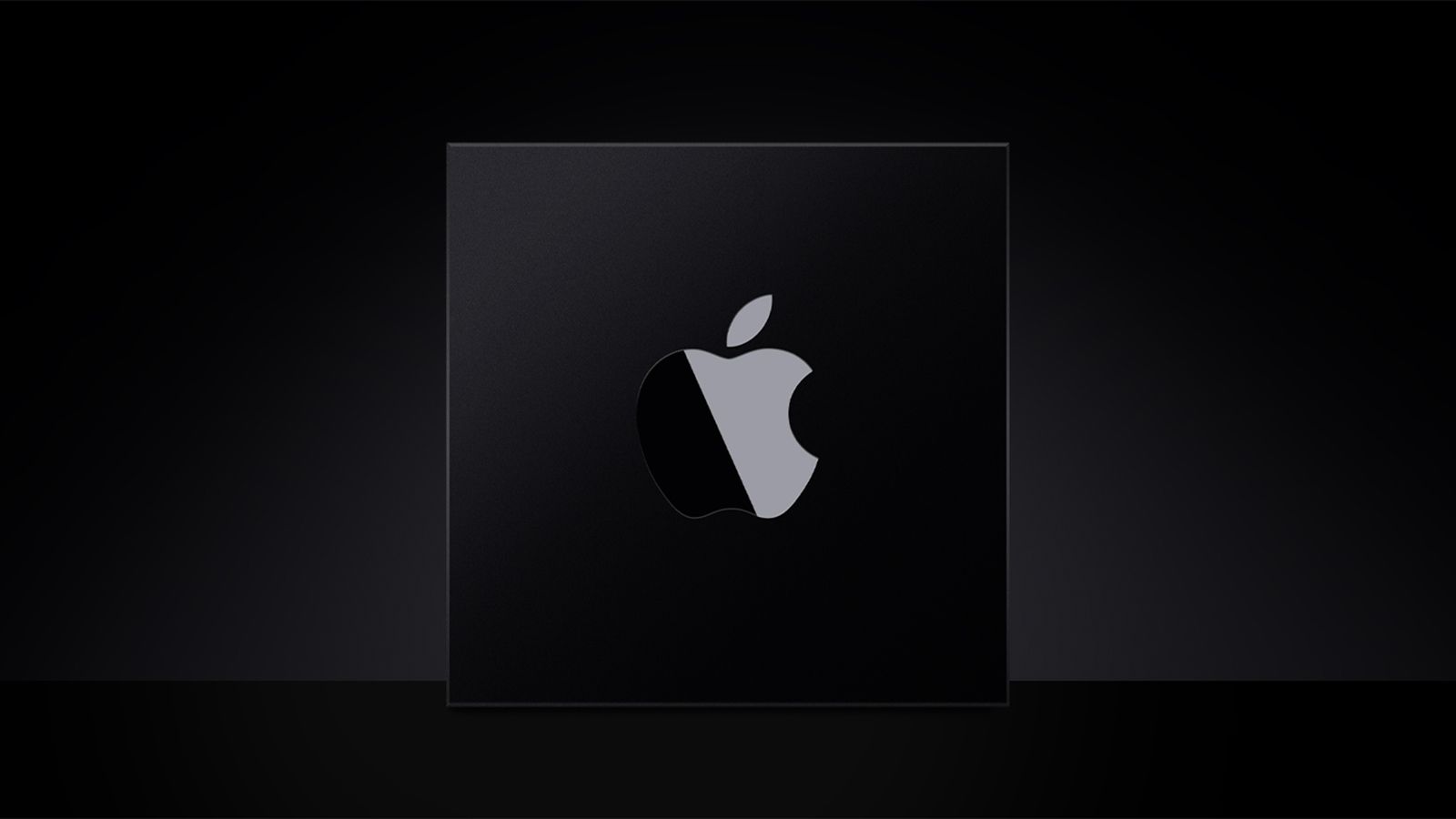Recent discussions in the tech community have highlighted concerns about Apple’s latest research on large reasoning models (LRMs) and large language models (LLMs). Professor Seok Joon Kwon of Sungkyunkwan University has voiced skepticism regarding Apple’s findings, suggesting that the study’s conclusions may be limited by the company’s lack of high-performance hardware.
The Apple Research Paper
Apple’s recent research paper suggested that modern AI models struggle with complex problem-solving tasks, particularly in controlled puzzle environments. The paper argued that these limitations debunk the belief that such models can think like humans. It noted that while models excelled at familiar puzzles, they faltered with unfamiliar ones, suggesting that their success might stem from training exposure rather than genuine problem-solving abilities.
Criticism from Academia
Professor Seok Joon Kwon challenges Apple’s conclusions. He argues that the study’s findings contradict existing language model scaling laws, which indicate performance improvements as model parameters increase. “Hundreds of scaling-related studies have shown performance improvements in a power-law manner,” Kwon states. “Performance might reach saturation, but it does not decrease. Apple’s lack of a large GPU-based AI data center likely hindered their ability to test sufficiently large parameter spaces.”
Hardware Limitations
Apple’s focus on on-device processing has limited its AI capabilities. The company’s M-series processors are designed for client PCs, not data center-grade AI tasks. These processors do not support FP16 for AI training and rely on LPDDR5 memory instead of high-performance HBM3E. Additionally, Apple’s M-series CPUs do not natively support popular machine learning frameworks like PyTorch, necessitating cumbersome conversions.
A Hybrid Approach
In response to its hardware constraints, Apple has adopted a hybrid approach, allowing Siri and other AI tools to access external large language models such as ChatGPT 4o and soon Gemini. This approach is atypical for Apple, known for its closed ecosystem. While it strengthens Apple’s position among privacy-conscious users, it highlights the company’s hardware limitations in developing competitive LLMs and LRMs.
Looking Forward
To compete with tech giants like Google, Microsoft, and xAI, Apple must invest in developing dedicated server-grade processors with advanced memory subsystems and AI capabilities. These processors should not rely on the designs of Apple’s M-series GPUs and NPUs.
Apple’s recent research release coincided with its annual WWDC conference, where the company made no significant AI announcements. This has led to speculation that Apple is falling behind in the global AI race. Professor Kwon suggests that Apple’s timing was intentional, aiming to downplay the achievements of competitors like Anthropic, Google, OpenAI, and xAI.
Conclusion
Apple’s AI research has sparked debate about the company’s hardware capabilities and its position in the AI industry. While Apple’s focus on privacy and on-device processing aligns with its brand values, the company may need to reassess its hardware strategy to remain competitive in the rapidly evolving AI landscape.
Follow aitechtrend.com for the latest updates and insights into the tech industry.
Note: This article is inspired by content from https://www.tomshardware.com/tech-industry/artificial-intelligence/expert-pours-cold-water-on-apples-downbeat-ai-outlook-says-lack-of-high-powered-hardware-could-be-to-blame. It has been rephrased for originality. Images are credited to the original source.








